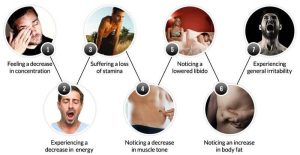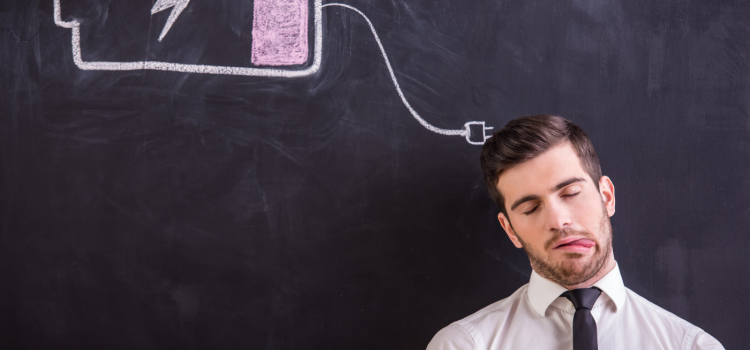
Introduction
In the hustle and bustle of contemporary life, it’s not uncommon for men to find themselves grappling with persistent feelings of fatigue and exhaustion. While occasional tiredness is a natural part of life, chronic low energy levels can be indicative of underlying issues. This article delves into the multifaceted realm of low energy in men, examining symptoms, potential causes, and offering comprehensive solutions to boost vitality.

Symptoms of Low Energy
Men experiencing low energy may encounter a spectrum of symptoms that extend beyond mere tiredness. These may include:
- Difficulty Concentrating: A foggy mind and challenges in focusing.
- Constant Fatigue: Overwhelming tiredness that persists throughout the day.
- Daytime Sleepiness: Feeling excessively sleepy during waking hours.
- Brain Fog: Difficulty in clear thinking and mental clarity.
- Lack of Motivation: A noticeable decline in drive and enthusiasm.

Causes of Low Energy in Men
- Dietary Factors:
- Nutritional deficiencies or poor dietary choices contribute to low energy.
- Emphasizing a healthful diet with an abundance of vegetables, whole grains, and proteins is pivotal for sustained energy levels.
- Exercise Patterns:
- Prolonged periods without exercise can lead to a decline in energy levels.
- Striking a delicate balance in exercise routines is crucial, as both too little and too much exercise can impact energy levels.
- Low Testosterone:
- The natural decline in testosterone levels with age can affect mental and physical energy.
- Symptoms encompass reduced stamina, heightened fatigue, and even depression.
- Sleep Apnea:
- A prevalent sleep disorder where breathing is interrupted during sleep.
- More common in men, it manifests with symptoms such as loud snoring and daytime sleepiness.
- Insomnia:
- Sleep disturbances, particularly insomnia, contribute to low energy.
- Causes can be diverse, encompassing physical, emotional, and psychological factors.
- Depression:
- A medical condition that significantly impacts energy levels in men.
- Symptoms may include sadness, irritability, and withdrawal from social and personal activities.
- Anemia:
- Iron-deficiency anemia, often stemming from gastrointestinal bleeding.
- Presents with symptoms of fatigue and diminished energy.
- Thyroid Disorders:
- Hypothyroidism, affecting metabolism, is a potential cause of fatigue.
- Symptoms include changes in appetite and sensitivity to cold.
- Medical Conditions:
- Underlying health conditions such as diabetes or heart disease can contribute to fatigue.
- Certain medications may also play a role in diminished energy levels.

How Men Can Increase Energy Levels
- Dietary Modifications:
- Adopting a healthful, nutrient-rich diet comprising fruits, vegetables, lean proteins, and whole grains.
- Exercise Regimen:
- Regular, moderate exercise to stimulate hormones like testosterone and elevate overall energy levels.
- Prioritizing Sleep:
- Ensuring 7–8 hours of quality sleep with consistent bedtime habits.
- Hydration Practices:
- Staying adequately hydrated to prevent fatigue associated with dehydration.

Summary
While occasional fatigue is considered a normal part of life, persistent low energy levels can significantly impact a man’s daily functioning. Empowering men to take charge of their well-being involves making nuanced lifestyle changes, addressing exercise routines, sleep patterns, and dietary habits. Should these modifications not yield the desired improvements, seeking professional medical advice is crucial to rule out underlying health conditions. In understanding the diverse causes and implementing positive changes, men can pave the way for increased energy, vitality, and an overall enhanced quality of life.










